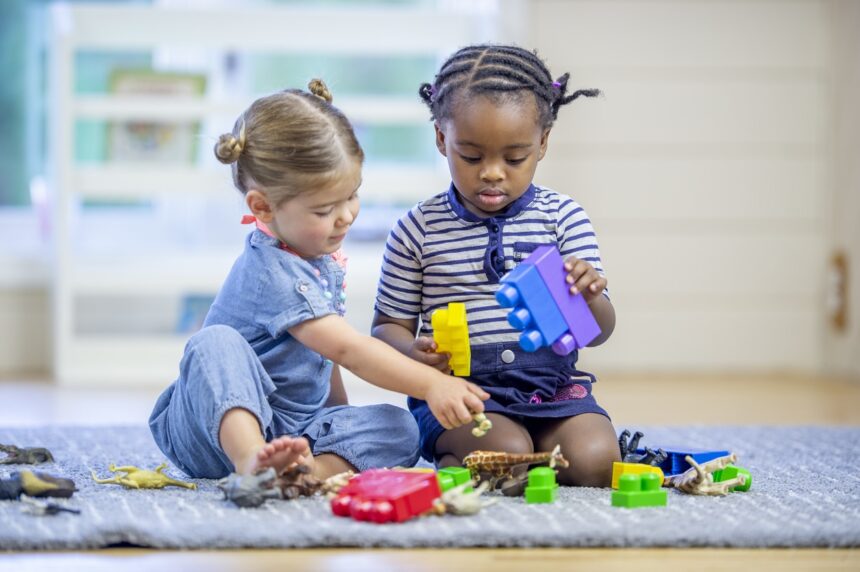Helping children with Autism develop social skills can support their ability to connect and interact with those around them. These skills often contribute to their participation in everyday activities, from group play to classroom settings. By using targeted strategies, parents, caregivers, and educators can create opportunities for growth that match each child’s strengths and needs.
How Does Autism Affect Socialization?
Autism, also known as Autism Spectrum Disorder (ASD), often influences how individuals communicate and engage socially. While the specific impact differs from child to child, common challenges include difficulty understanding social cues, maintaining conversational exchanges, or forming peer relationships. These differences can affect participation in group settings and limit opportunities to build relationships.
Nonverbal communication, such as reading facial expressions and gestures, is another area where children with Autism may face challenges. This can complicate their ability to understand others’ feelings or responses in real-time. Despite these challenges, many children with Autism can learn and strengthen social skills when they are introduced to supportive and structured activities.
Which Activities Encourage Peer Interaction?
Structured, engaging activities can create opportunities for children with Autism to practice and develop social skills while enjoying themselves. Below are several activities that can help encourage interaction with peers.
- Board games: Games with clear rules and turn-taking offer a structured way for children to interact while practicing patience and cooperation.
- Art projects: Collaborative art activities offer a creative space for individuals to work together, share ideas, and celebrate one another’s contributions.
- Building activities: Working on joint building tasks, such as completing a LEGO set, promotes teamwork, shared focus, and communication.
- Music or movement classes: Activities such as group singing or dance sessions encourage children to engage with others in a lively yet guided environment.
- Outdoor play sessions: Simple games such as tag or throwing a ball can provide informal settings for interaction in a less restrictive way.
These activities provide structured spaces that make social engagement feel more manageable for children while also allowing natural connections to form with their peers.
How Do Parents Support at Home?
Parents play an active role in fostering social skills by creating an encouraging and practice-ready environment daily. Here are some strategies that families can use at home:
- Model positive interactions: Demonstrate social behaviors such as sharing, taking turns, and showing empathy during family interactions. Children often learn by observing trusted adults.
- Practice conversations: Create opportunities for casual, back-and-forth exchanges during daily routines, such as mealtime or while traveling together.
- Use role-playing: Set up pretend scenarios to practice skills such as greeting others, asking questions, or resolving minor conflicts.
- Celebrate achievements: Acknowledge successful interactions, no matter how small, and provide descriptive praise to reinforce those behaviors.
- Offer gentle guidance: Step in when necessary to encourage participation in group settings, while gradually allowing the child to take more initiative.
These actions help build confidence over time, creating a solid foundation for handling social situations outside the home.
Seek Professional Guidance
Professional guidance can be invaluable in supporting social skill development through evidence-based methods employed by specialists, such as speech, occupational, or behavioral therapists. Social skills groups or programs tailored to children with Autism can also provide structured opportunities to practice and grow. Socializing is a gradual process, and every child progresses at their own pace. By combining activities at home, consistent practice, and professional support, families can help children build meaningful skills over time. For personalized strategies that align with your child’s needs, consult a qualified specialist.





